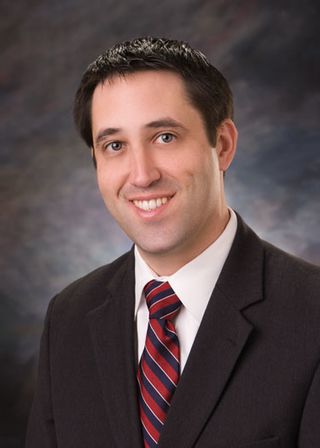History
First Special Session

During the 2012–2013 Eighty-third Texas Legislature, several bills were introduced related to abortion restrictions but which failed to pass. [2] With several legislative matters left unresolved as the Texas Legislature ended its normal term in May 2013, including voting in new redistricting maps, Governor Rick Perry issued a 30-day special session started May 27, 2013, which under Texas law allows him to ask the legislature to produce legislation for other matters that he requests. [11]
Among issues that Perry sought was abortion. SB5 was introduced mid-June 2013, which combined elements of several of the failed bills from the term. [2] It passed through the committee stage and proceeded to be passed by the Senate. In the House, an amended version of SB5 was passed on June 23, 2013; because of this amendment, the Senate could not act on the bill for 48 hours, on June 25, 2013, the last day of the special session. If the bill failed before the normal end of the session, the bill would be dead. [2]
Democratic lawmakers in the Senate sought ways to block the passage of the bill. Senator Wendy Davis along with other senators made plans for her to launch into a filibuster on June 25 as to prevent a call for a vote before the end of the session, which would kill the bill. [2] [12] After ten hours, Lieutenant Governor David Dewhurst ruled that Davis had gone off topic after Davis began talking about a sonogram bill, forcing a vote on whether the filibuster could continue. [13] Despite efforts to pass the bill, parliamentary enquiries from Leticia R. Van de Putte and other senators, as well as disruption from the gallery caused the session to go on through midnight, the official closure of the special session. [14] Following the deadline, Republicans indicated that a vote had taken place and passed 19–11, while Democrats declared that the vote had taken place after midnight, making the vote void. [14] Dewhurst later conceded that the bill was passed after the deadline and was considered dead. [15] [16]
Timestamp issue
After the bill was thought to have been passed, a record was added to the official web page on the history of the bill. According to the page, the timestamp of the bill's passage was listed as the 26th. [17] Later, the page was taken down and altered to say that the bill was passed on the 25th. [18] According to Texas Penal Code, Section 37.10, it is a crime to make an alteration that is false in a government document or record. [18] [19] According to the Legislative Reference Library of Texas the Texas Legislature Online system "... is not the official record of those actions, and [the Legislative Reference Library staff] enters actions on TLO as a public service independently of the officers of the house or senate." [20] The Public Integrity Unit began an investigation into the events after receiving complaints. [21]
Second Special Session
The day after Davis' filibuster, Governor Perry ordered a second special session to start July 1, 2013, with demands for the legislation to look at three specific topics including abortion. [22] [23] Perry stated that it was due to the "[...] breakdown of decorum and decency to prevent us from doing what the people of this state hired us to do." [24] During the second session, a large number of supporters and opponents of the bill showed up at the Texas Legislative building while wearing blue or orange shirts in support of their respective sides. [25] [26]
SB5 was revived as the new House Bill 2 (HB2), and which passed by July 10, 2013, by a 96–49 margin and sent the measure to the Texas Senate. [8] The Senate passed the bill on July 13, 2013, with a bipartisan vote with a 19–11 margin. [27] [28] [29] The bill was signed into law by Perry on July 18, 2013. [30] One commentator for the National Review stated that "Wendy Davis won the battle, but Rick Perry won the war." [31]



